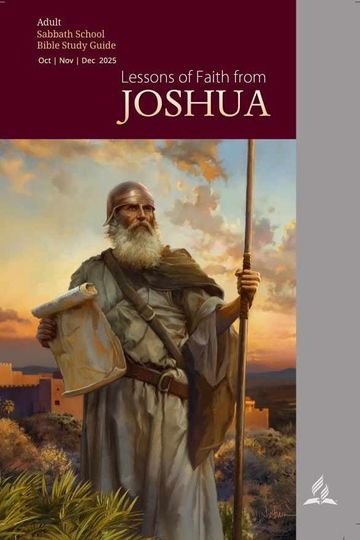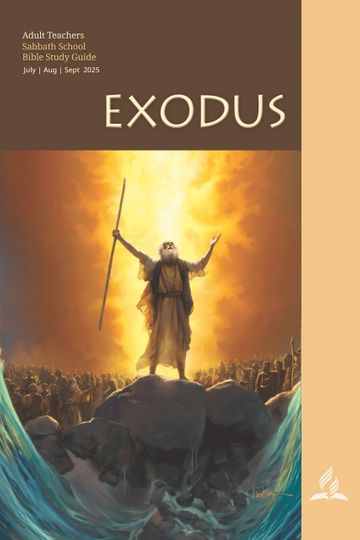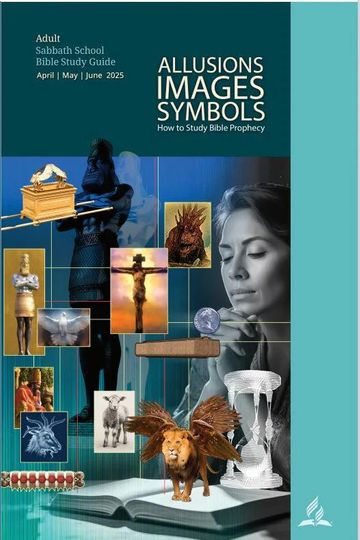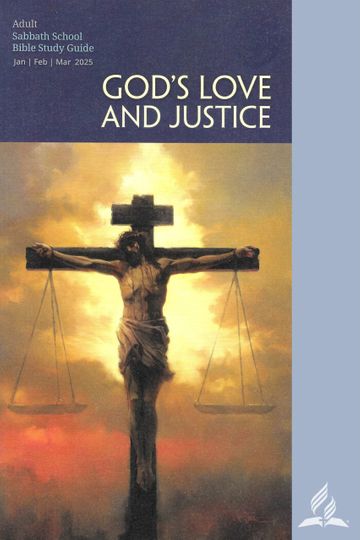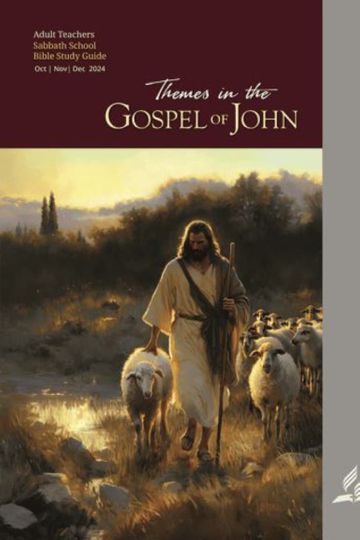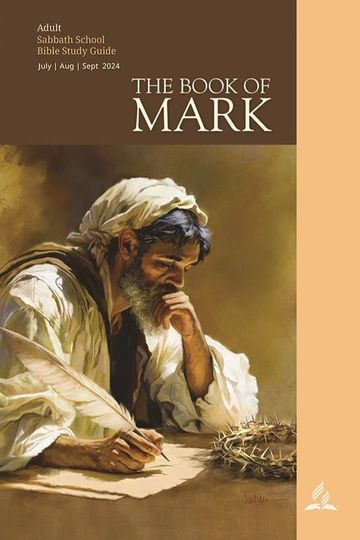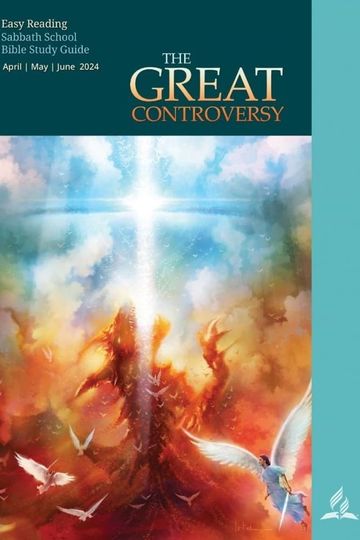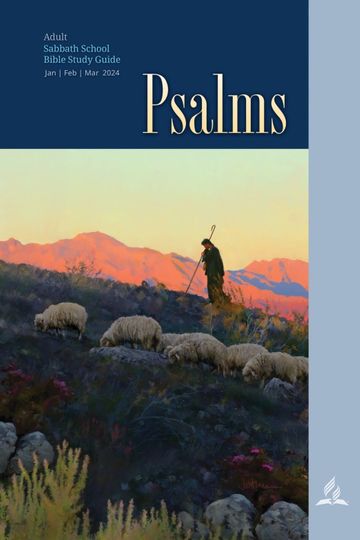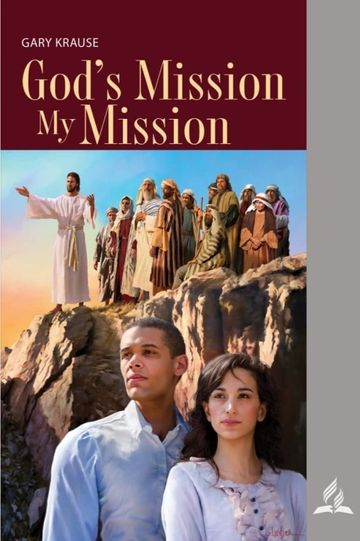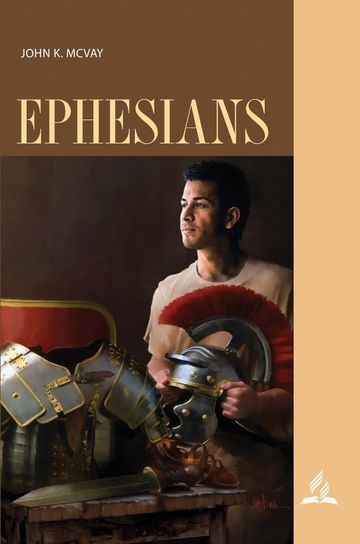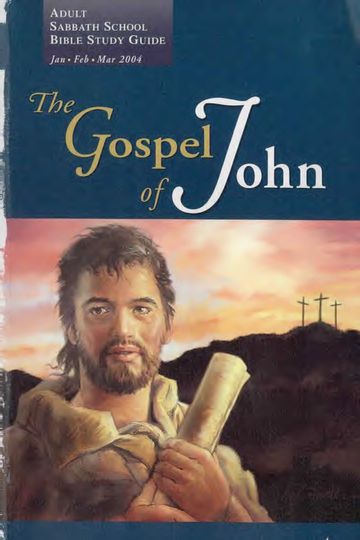Lessons of Faith From Joshua Plot
Second Chances: The Book of Joshua This series explores the transition from Moses to Joshua and Israel’s entry into the Promised Land. More than a story of conquest, it highlights God’s faithfulness in fulfilling His covenant promises and the call to trust Him fully. Through victories and challenges, Joshua’s example reminds us that strength and courage come from the Lord, who never leaves nor forsakes His people.
Sabbath School Study Hour Lessons of Faith From Joshua aired on October 4th, 2025.
Lessons of Faith From Joshua Episodes
1. Recipe for Success
The book of Joshua is about new possibilities. Moses, who had dominated 40 years of Israel’s history, belonged in the past. The Exodus from Egypt and the wanderings in the wilderness, tragically marked by rebellion and stubbornness, had ended. A new generation, willing to obey God, was ready to enter the Promised Land, not as an expectation to live up to but as a possibility to live into. Let’s study the way God opened up a new chapter in Israel’s life, and how He can do the same in ours as well.
2. Surprised by Grace
Israel has a second chance of entering the Promised Land, and Joshua takes this mission seriously. Expectations run high, but the last time Israel was at the border and had the same task, it resulted in an abysmal failure. This week, we will explore two of the most fascinating stories of the book of Joshua and discover their relevance to our faith today. God’s grace has infinite possibilities to surprise us.
3. Memorials of Grace
As human beings, we are prone to forget things that are not constantly in our sight. We forget to return phone calls, respond to emails, water the plants, send birthday wishes, and so forth. The list could go on. Forgetting about our spiritual needs, however, could have more severe consequences than simply receiving a fine, especially because we are dealing with what is, literally, our eternal destiny. Let’s study the crossing of the Jordan by the Hebrews and see what we can learn from their experiences.
4. The Conflict Behind All Conflicts
How can we understand that God’s chosen people carried out such practices in Old Testament times? How is it possible to reconcile the image of a “warlike” God with His character of love (for example, Exod. 34:6, Ps. 86:15, Ps. 103:8, Ps. 108:4) without diluting the credibility, authority, and historicity of the Old Testament? This week and next, we are going to explore the difficult question of divinely commanded wars in the book of Joshua and elsewhere.
5. God Fights for You
Last week, we saw that God Himself is involved in a conflict that is far greater than any war or battle fought in human history, a battle that permeates every aspect of our lives. We saw, too, that the events of both biblical and secular history can be fully understood only in light of this conflict. This week, we continue to explore the complexity of divinely sanctioned wars, the limitations and conditions of divine war, the final vision of peace offered by the Old Testament prophets, and the spiritual implications of such wars.
6. The Enemy Within
7. Ultimate Loyalty: Worship in a War Zone
This week we are going to look at some key moments during Israel's presence in the Promised Land, when Israel rededicated themselves to the Lord, sometimes in the face of impending danger. Joshua took the seemingly irrational decision to circumcise the Israelites on enemy territory (Josh. 5:1–9); to celebrate the Passover in the face of imminent danger (Josh. 5:10–12); to build an altar and worship the Lord while the conquest was in full swing (Josh. 8:30–35); and to set up the tabernacle of the Lord when seven tribes in Israel had not yet received their inheritance (Josh. 18:1, 2).
8. Giants of Faith: Joshua and Caleb
This week, we will take a deeper look into the personal examples of two giants of faith in the book of Joshua: Caleb and Joshua. What is it that made them stand out in their generation and play a key role in the life of God’s people during one of the most crucial periods of Israel’s history?
9. Heirs of Promises, Prisoners of Hope
Joshua 13–21 contains long lists of geographical boundary markers that delineate portions of land allocated to the tribes of Israel. For the modern reader, these lists might seem irrelevant, but they are based on a theological understanding of the Promised Land that is significant for us today. This week we will look at some theological concepts related to the Promised Land and their spiritual implications for those who claim all the promises found in Jesus.















